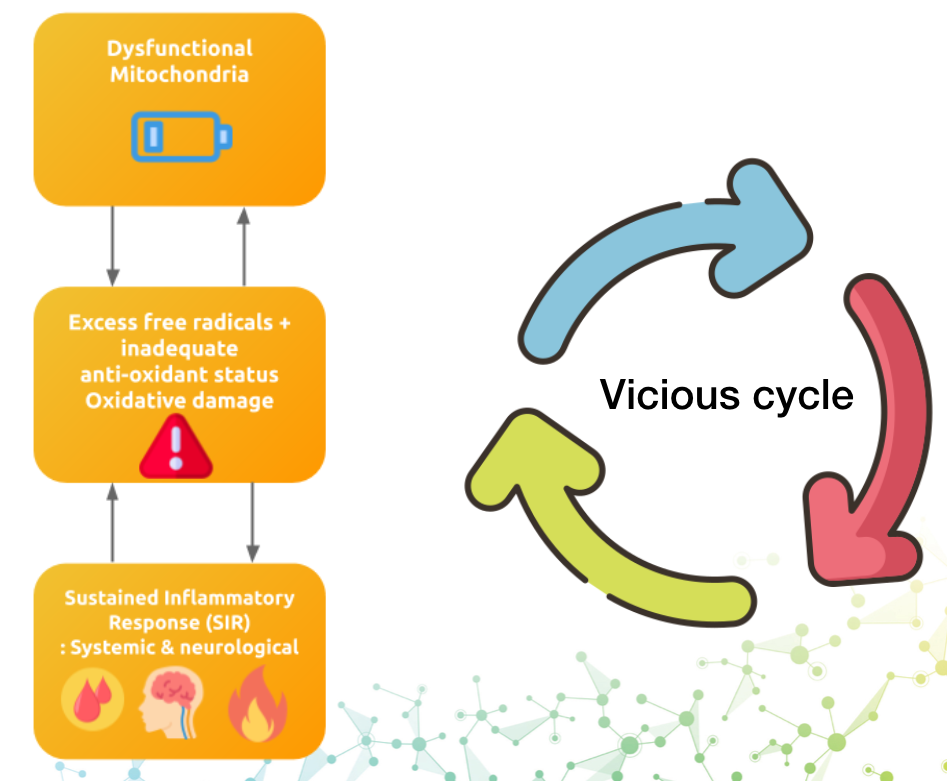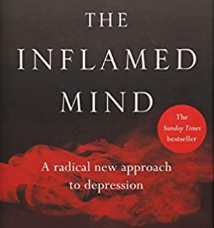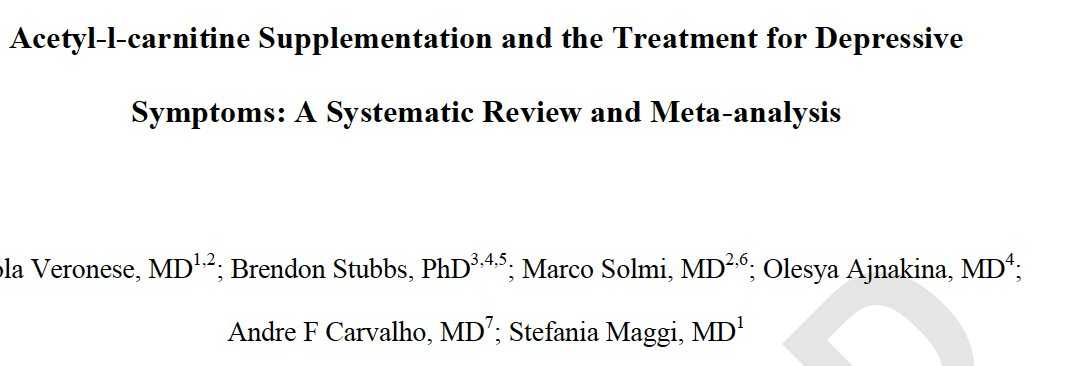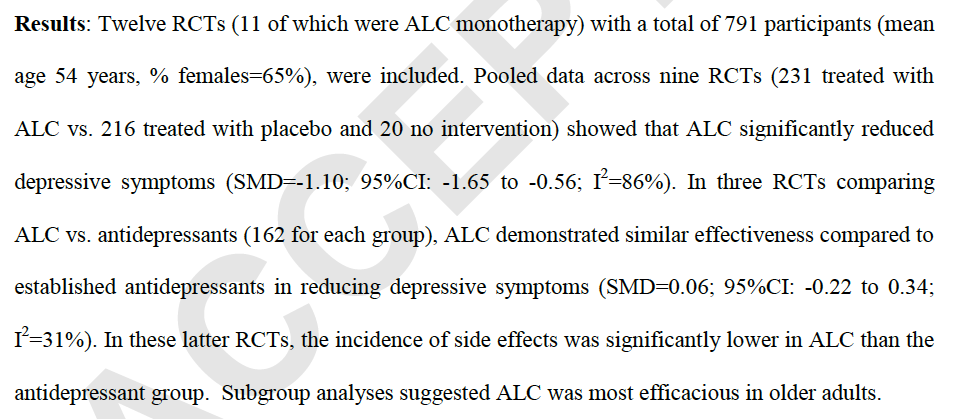Mental resilience or fragility?
Last Thursday was the end of all C19 restrictions in the UK, time to celebrate and feel some joy as the weight of oppression is lifted.
And the beginning of war in Europe with Russia (or specifically Putin) attacking Ukraine.
Pretty depressing all around, frankly.
If we then throw in the soaring gas prices about to slaughter the budgets of everyone, I am concerned about those living in a fragile state of mind.
The mental health of the nation isn’t looking good and the NHS service for it is looking even worse.
Currently, I would describe much of the UK public as fragile.
All it takes for fragile people is a little more stress, be it physical, bio-chemical or emotional, and they are down and struggling to get up.
While the biopsychosocial model sees mental health through the lens of psychology and social interaction per se, we take it a step beyond and look at why some people are so fragile to the stress of life and others so resilient.
One area that covers a lot of bases is energy production, specifically the mitochondria.
When these are inefficient, yes, we get less energy and that can certainly be an issue in terms of “depression”, a lack of motivation is sometimes really a lack of energy.
But they are the number one source of free radicals for oxidative stress in the body.
Oxidative stress leads to a sustained low grade inflammatory response, which causes more oxidative stress, which damages the mitochondria, repeat.

You can see the issue.
Once we start this a vicious cycle begins that can be hard to break out of.
We know that persistent depression, aka major depression or resistant depression (resistant to drugs) is consistently linked to neuro-inflammation ie inflammation in the brain.




So I want to give you an easy way to support your patients’ energy and mental health.
In October we talked about how carnitine could help your energy.
You can re-watch the video here
I go over the pathways and how they help the mitochondria.
In this scenario, we are going to improve mitochrondrial efficiency (giving more energy) but also reduce the amount of oxidative stress being produced as a consequence of breaking bonds and releasing electrons (remember the electron transport chain?) and thus reducing the amount of inflammation in the brain.
For our patients that are lacking mental resilience aka depression, we could try 2 g of carnitine.

This meta-analysis, looked at 12 studies and it looks pretty good.


The mechanism?
Better energy production = more energy and so more omph to do stuff.
Think about how you feel after a few nights of disturbed sleep

Then imagine that permanently, and turning up at the GP’s clinic and saying you feel flat and tired the whole time, and you cannot be bothered to do anything or see anyone.
They would have you diagnosed as depressed and on an SSRI in no time.
More efficient mitochondria = less oxidative stress and so less brain inflammation = less “depression”.
ACTIONS TO TAKE:
– If you have patients struggling, suggest a trial of 2 g acetyl L carnitine for a month, maybe trial them on yourself?
– Re-watch the video from October so you understand the pathways

